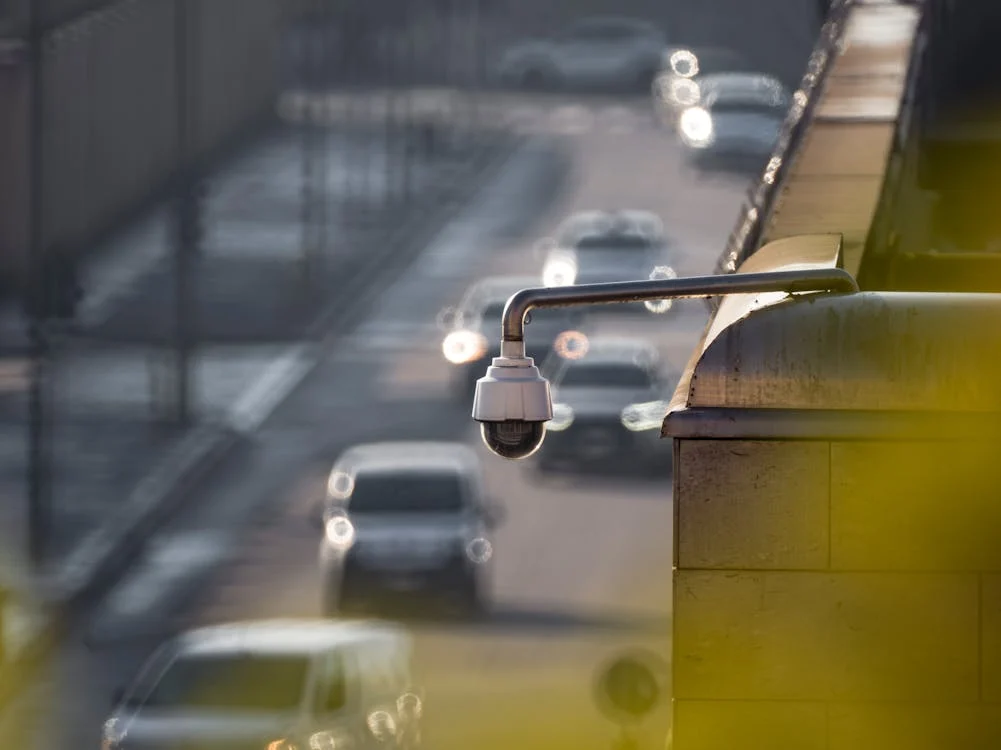**Georgian Watchdog Warns of Fundamental Rights Threat**
The Georgian Young Lawyers Association (GYLA) has urged the Personal Data Protection Service to investigate the use of facial recognition cameras by the Ministry of Interior. GYLA is concerned that this practice could undermine fundamental rights, including privacy and freedom of expression.
In a statement, GYLA said that the use of remote biometric technologies for law enforcement purposes threatens core democratic freedoms. The organization stressed that mass surveillance can lead to human rights violations, similar to those in autocratic regimes.
**Concerns Over Mass Surveillance**
GYLA pointed out that the Public Safety Command Center-112 had recently purchased 30 cameras with facial recognition capabilities. The watchdog is calling for an immediate inspection into whether the Ministry of Internal Affairs has carried out a data protection impact assessment and complied with legal standards on data processing and security.
The debate over biometric surveillance intensified after the pro-European protests in Georgia at the end of November. GYLA said that authorities have relied almost exclusively on facial recognition images as evidence in court cases, often without assessing the legality of the identification methods or whether officials had proper authorization to access sensitive databases.
**Growing Surveillance Network Raises Fears**
The growing surveillance network has sparked fresh fears of an authoritarian slide in Georgia. A recent report by RFE/RL’s Tbilisi bureau highlighted the rapid deployment of surveillance cameras across the country and the lack of transparency in their management. The investigation raised concerns about unauthorized government access to private footage, as well as politically motivated restrictions on access to surveillance data.
GYLA is calling for immediate action to address these concerns and ensure that fundamental rights are protected.












